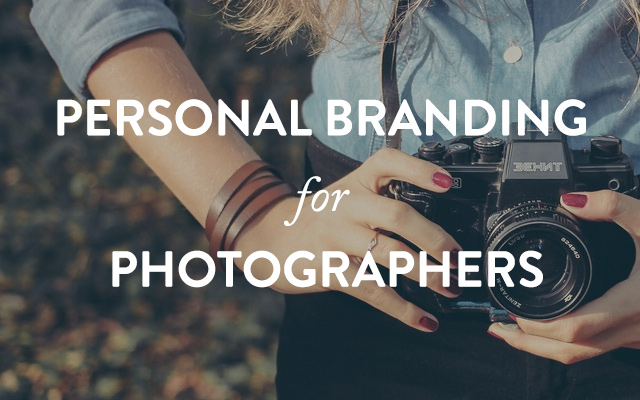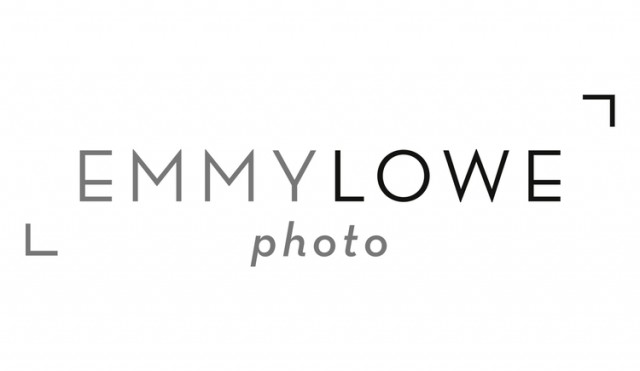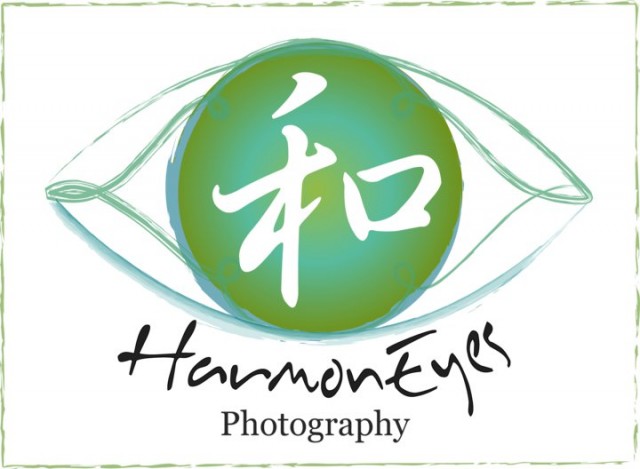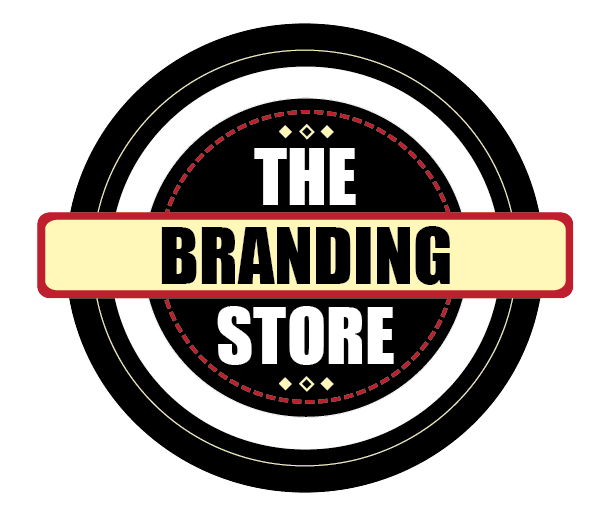
Personal Branding for Photographers Explained
This post has been contributed by Andrew Graham.
Since photographers usually work as solo artists, they often don’t think of themselves, or market themselves, in terms of corporate branding. However, building a strong brand in the mind of your audience/potential clients is probably the most important thing you can do to take your career as a photographer to the next level.
And your lack of a strong personal brand could be the only thing standing between you and that next big client. Here are some basics on personal branding for photographers.

What is Personal Branding?
Personal branding is all about creating a unified image/feeling/experience of yourself in the mind of the consumer. It’s about taking your already unique and interesting personality and style, and distilling it into an easily recognizable identity.
Find Your Niche
Specializing can be a particularly quick way of developing a style and brand for your photography. It’s easier to gain quick recognition as a specialist, so whether it is landscapes, portraits, food, or fashion, find a niche that you enjoy and really go for it.
Creating/Designing a Photography Logo
Using a logo is a matter of personal preference. Some photographers have logos, others use a certain typeface, or a self-portrait etc. But, if you do opt to use a logo, make sure you know the basics of good logo design. You want something simple, legible and memorable.
Here’s an example of good photography logo:

This logo is clean, simple and instantly legible. It also does a good job of incorporating the camera into the logo. Too many photography logos use heavy handed references to lenses, apertures or whole cameras. Here, the subtle suggestion of the wide focus frame communicates photography without beating you over the head with it.
And now a bad one:

Yikes. It’s pretty easy to see what makes this a bad logo. It’s too busy, the font is difficult to read, the blue green colors in what I think is an iris are (ironically) hard on the eye. It’s just a mess.
When it comes to designing a logo, less is more. If a logo is clean and classic, you likely won’t want to change it later on, which is good because once people get your logo stuck in their minds, changing it on them can be risky.
Craft a Unified Social Media Presence
Because it’s free, immediate and simple to use, your social media presence is perhaps both the easiest and most critical arena for developing and promoting your personal brand. A good social media presence involves the following:
Consistency
Decide on an image, either a logo or a photo that you think best represents you as an artist and make that your profile pic on every account you have. Same goes for your user name.
Simplicity
You want to be easy to find and easy to remember, so your user name should be simple. If you want to be @johnDoe, but all that’s available is @JohnDoe37786 try something else, like @johnDoePhoto or, include your location (e.g. @johnDoeNYC).
Output
The worst thing you can do is let your account stagnate. Your social media outlets allow you to get your name in front of thousands of eyes on a daily basis, so engage frequently. Try to post something at least once a day from all of your accounts.
Variety
If you post the same sort of thing over and over, people will quickly get bored and start skipping your posts. Mix up your feed with samples of your work, interesting photo exhibitions, interesting art/photography news etc. As long as everything you post fits your voice and speaks to your point of view as an artist, it will help solidify your brand and keep it fresh in people’s minds.
Reach Out to Likeminded Photographers
Using social media to connect with other artists can help build your personal brand as well as your network in the field. Find other photographers whose work you like and admire, and post links and shutouts to their photos/exhibitions. Chances are they’ll respond in kind with a repost or a link to your work, which means you’ve just gained access to their entire audience.
Once you have fine-tuned your personal brand and put yourself out there on social media, you’ll be surprised how much it will transform your business. Slick marketing and clean branding project authority and professionalism. But there is one thing that should never get lost in the shuffle: Quality. Once you’re attracting higher quality clients, you’re going to have to deliver at the highest level.
If we can learn one thing from Google+, or Crystal Pepsi, it’s that no amount of brand recognition can make up for a poor product. So whatever you do, put photography first, and don’t let marketing and branding get in the way of producing the very best work you can.
